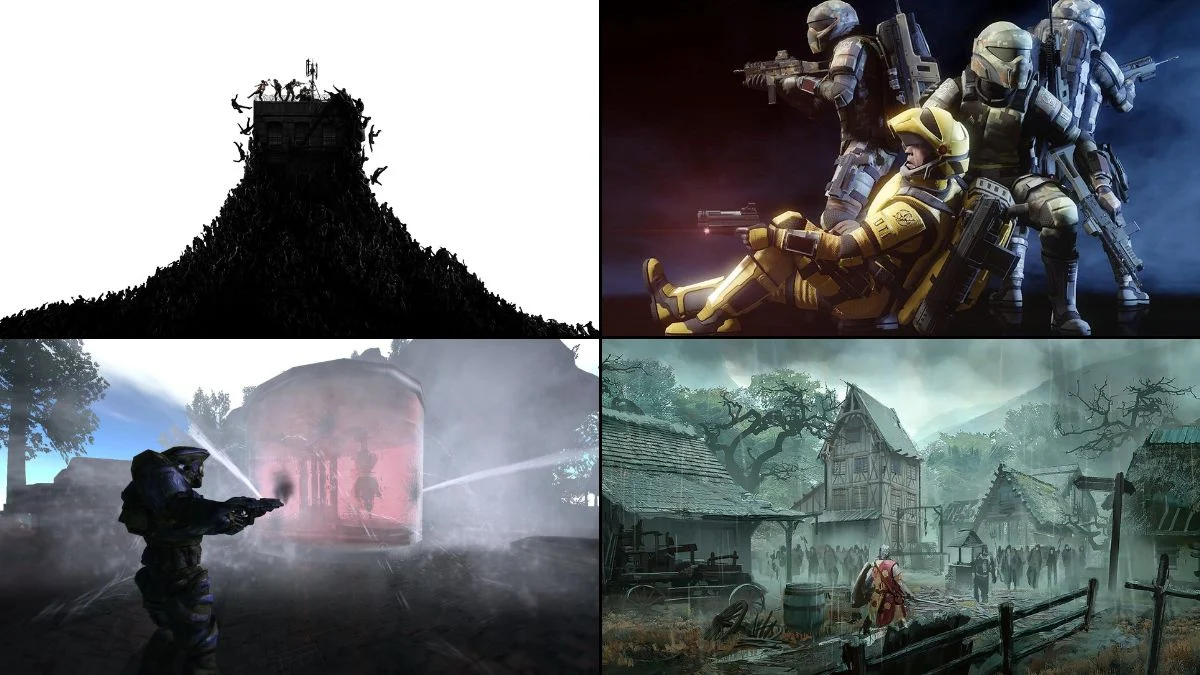
Supporting promising game projects through Early Access can be rewarding, but unfortunately, some developers haven’t delivered on their promises. The games listed below accepted funding through Early Access or similar programs, made big claims, and then either stopped development, drastically changed direction, or disappeared altogether. We’ll look at what each game initially offered, what issues arose, and how its development ultimately ended. Consider this a guide to help you avoid disappointment when purchasing unfinished games in the future.
Earth: Year 2066
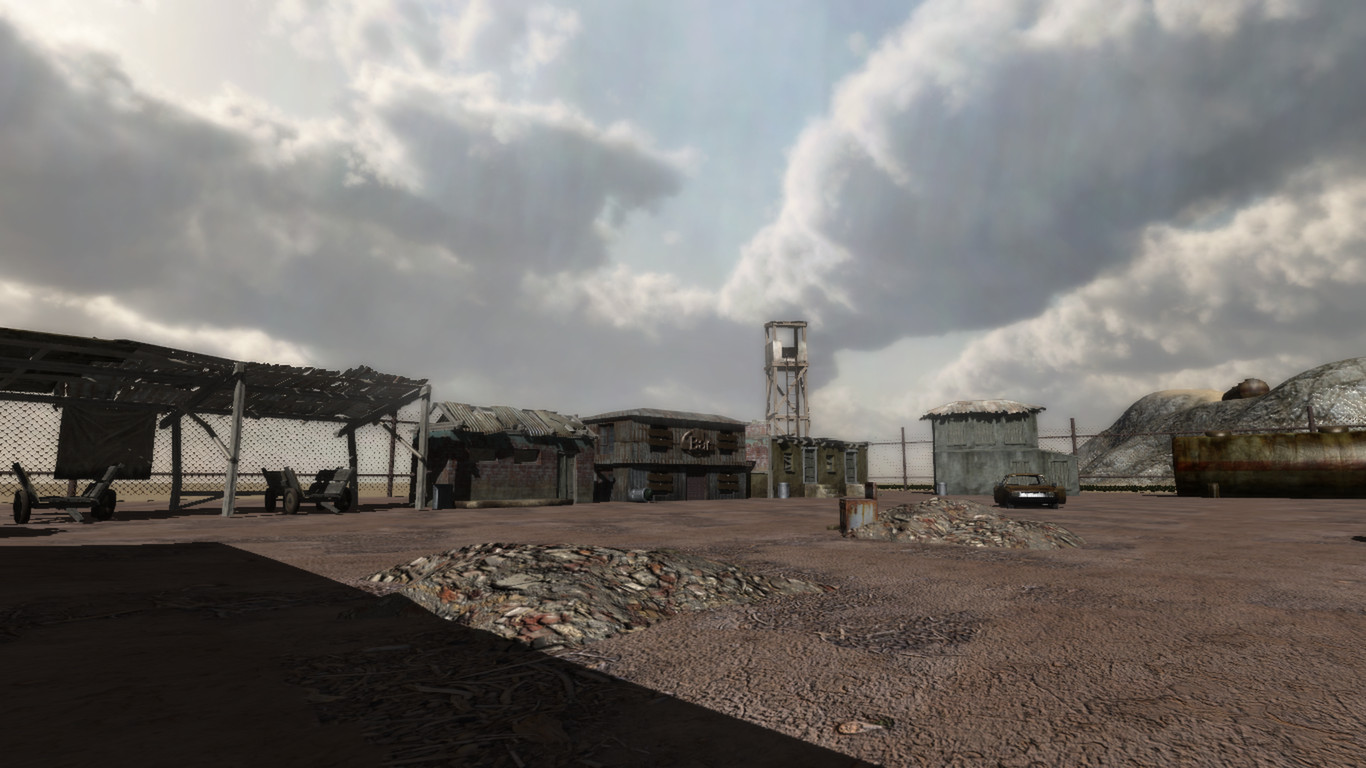
The survival game released on Steam promised impressive AI and vast exploration, but players soon discovered it lacked features and used content from other sources. Following reports of misleading advertising, Valve took the game down and issued refunds. Development essentially stopped after that.
The Stomping Land
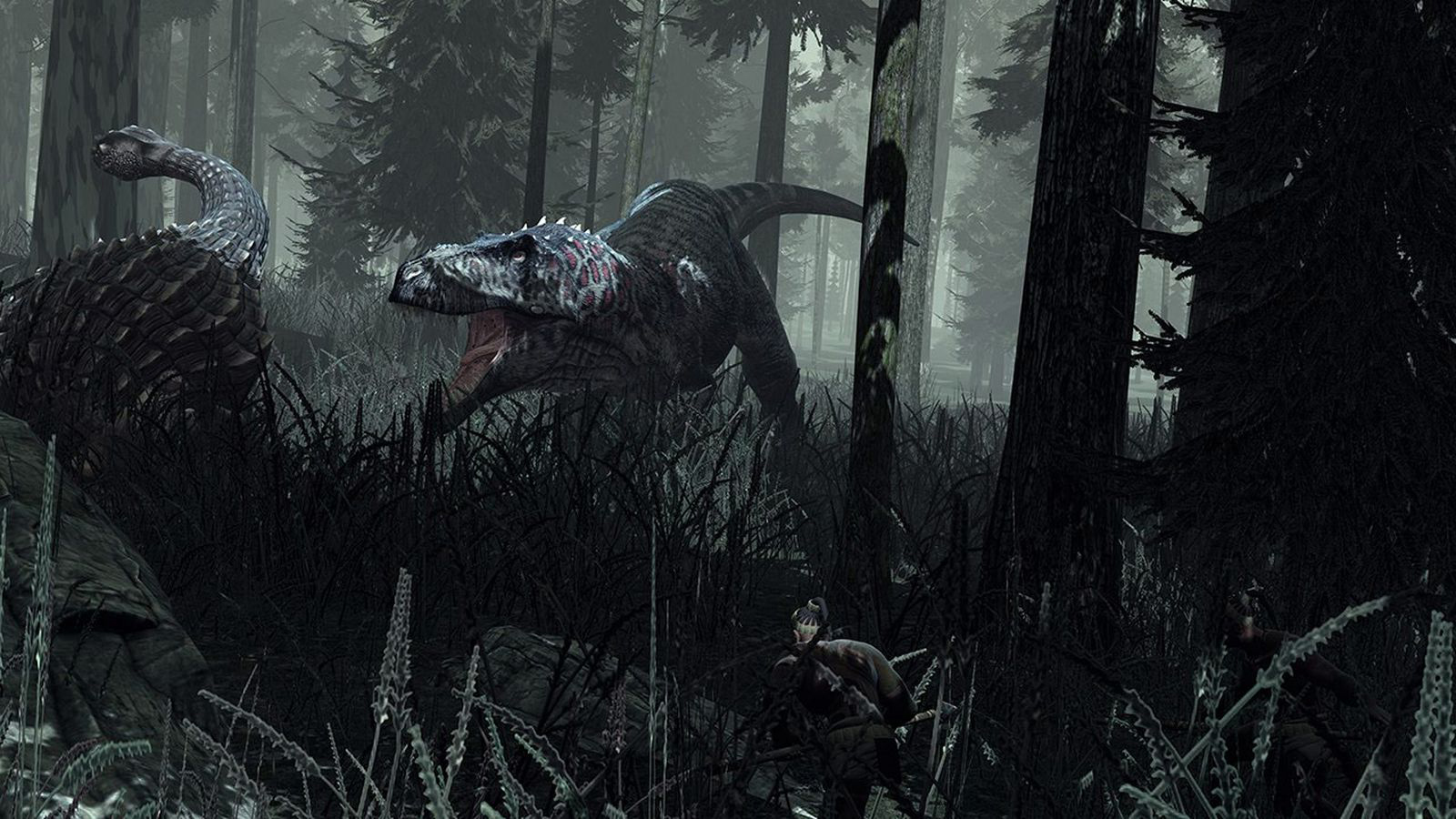
Originally advertised as a multiplayer game where players survive as dinosaurs, it quickly gained popularity in its early stages, selling thousands of copies. However, development stalled, updates stopped, and the online community became inactive. Ultimately, the game was removed from Steam and never fully launched.
Spacebase DF-9
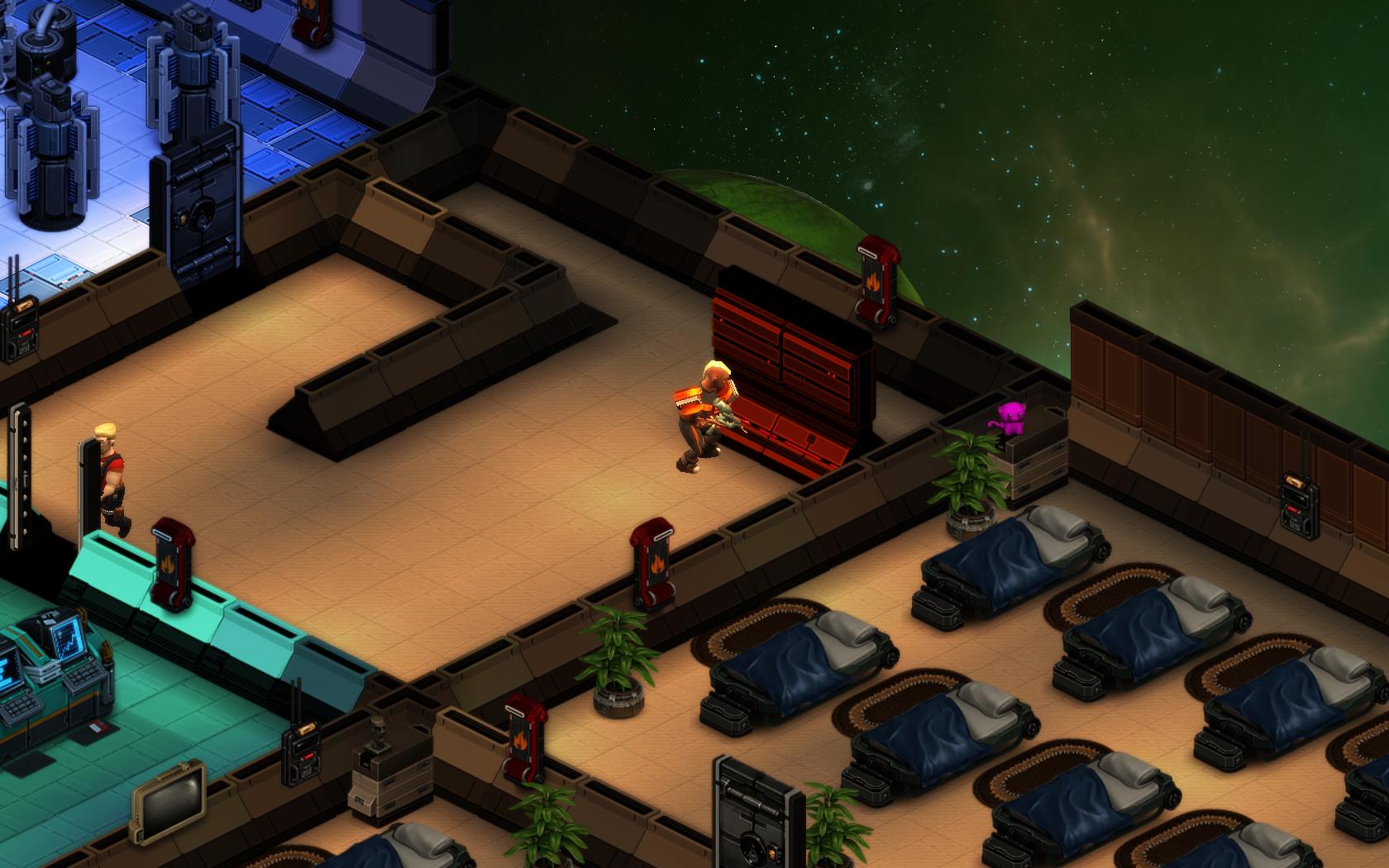
The game launched into Early Access as a space colony simulator with ambitious plans for the future, complete with a development roadmap. Unfortunately, it didn’t receive enough funding or sales, forcing the developers to halt progress sooner than anticipated. The final version, released quickly, lacked many of the features originally promised. Players eventually used modifications created by the community to add back the missing content.
Towns
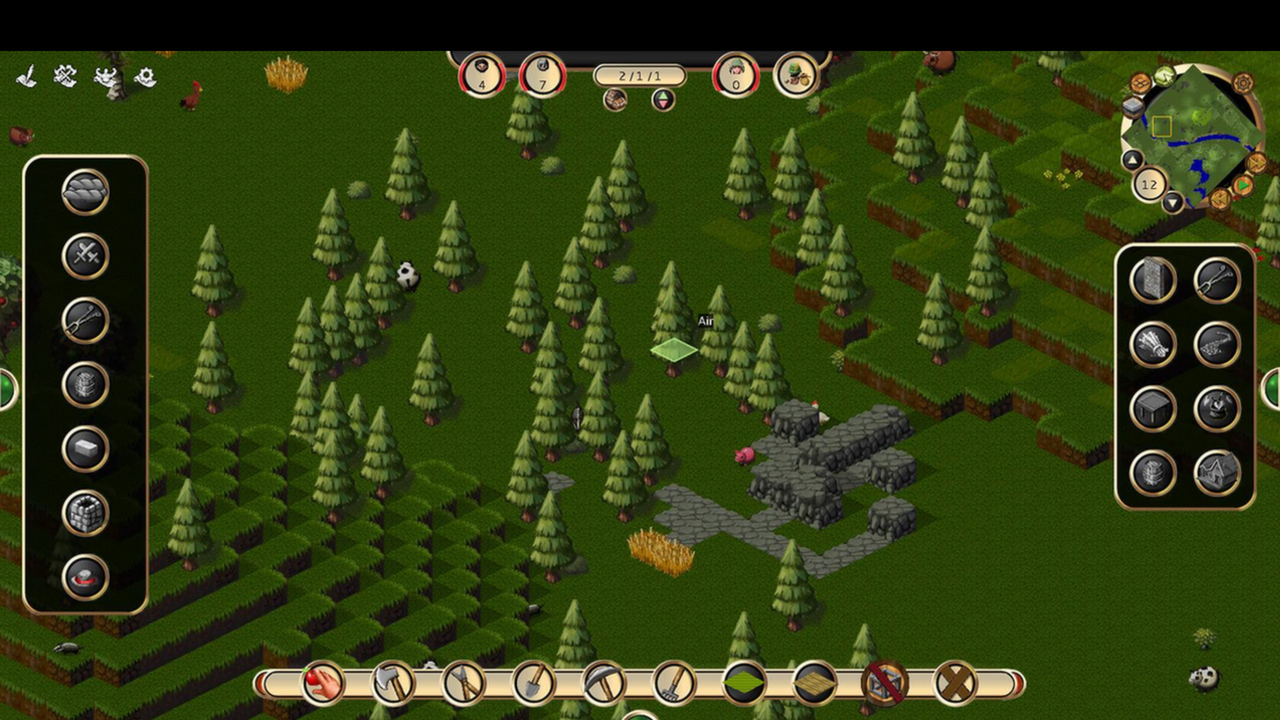
The game started with regular updates, but those slowed down over time. When the original creator left, attempts to continue development weren’t successful. The publisher confirmed the game would no longer be actively updated, leaving many planned features unfinished and the game incomplete.
StarForge
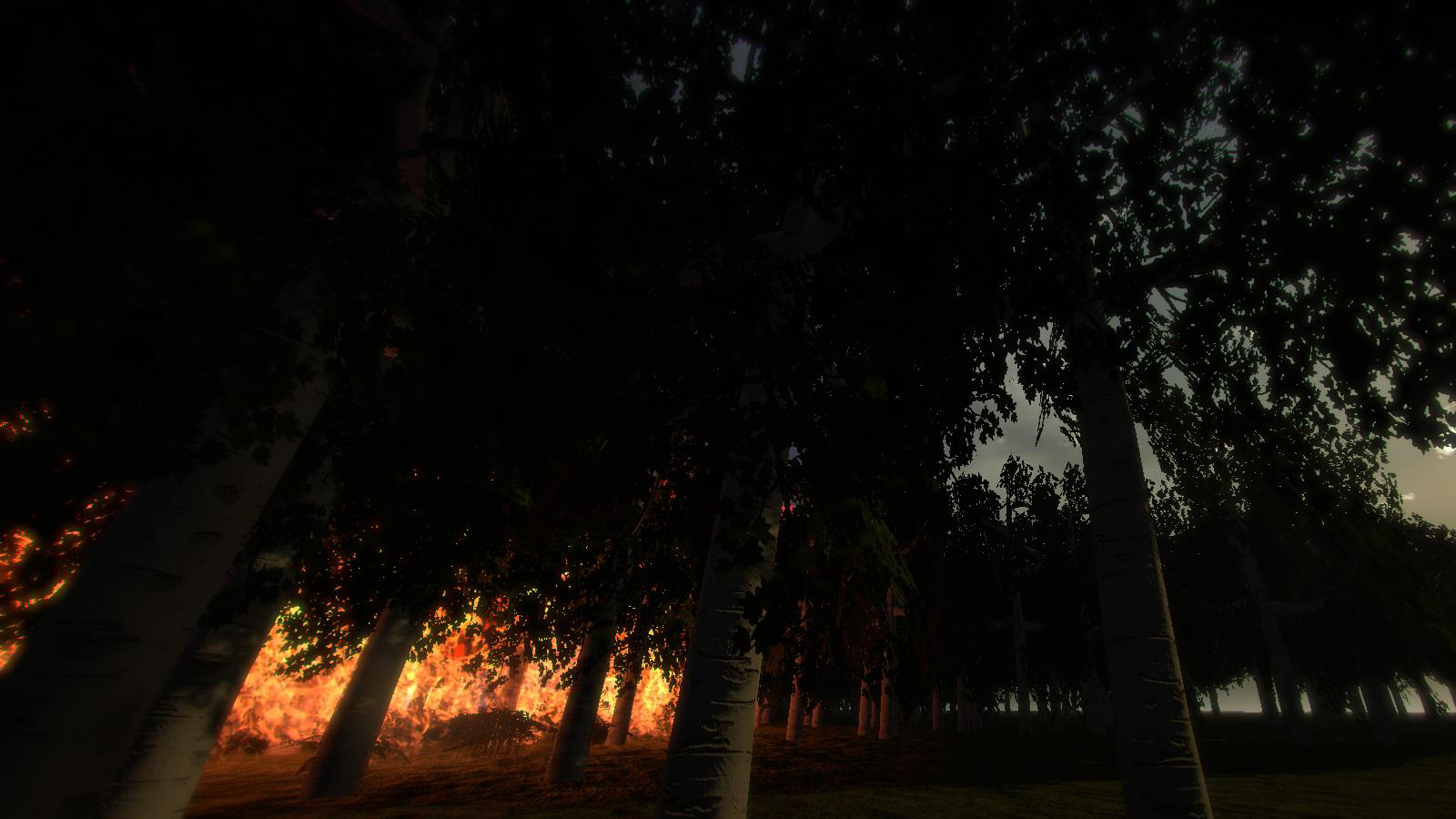
The game initially sold well as an early-access title, promising a vast, procedurally generated universe where players could survive and explore. However, core features proved unreliable and updates became less frequent. Eventually, the developers stopped working on it, and the game was taken off Steam. Official servers were shut down, and no further support was provided.
Godus
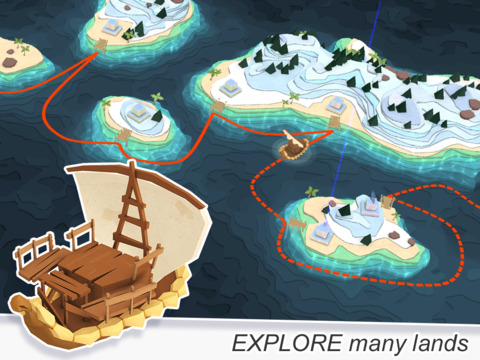
This game, where players supported an evolving project, started strong but ultimately disappointed. The developers focused on mobile, leaving promised features for the PC version unfinished. Key systems and content planned for the long term never materialized, and the game quietly ended development without a final PC release.
Godus Wars
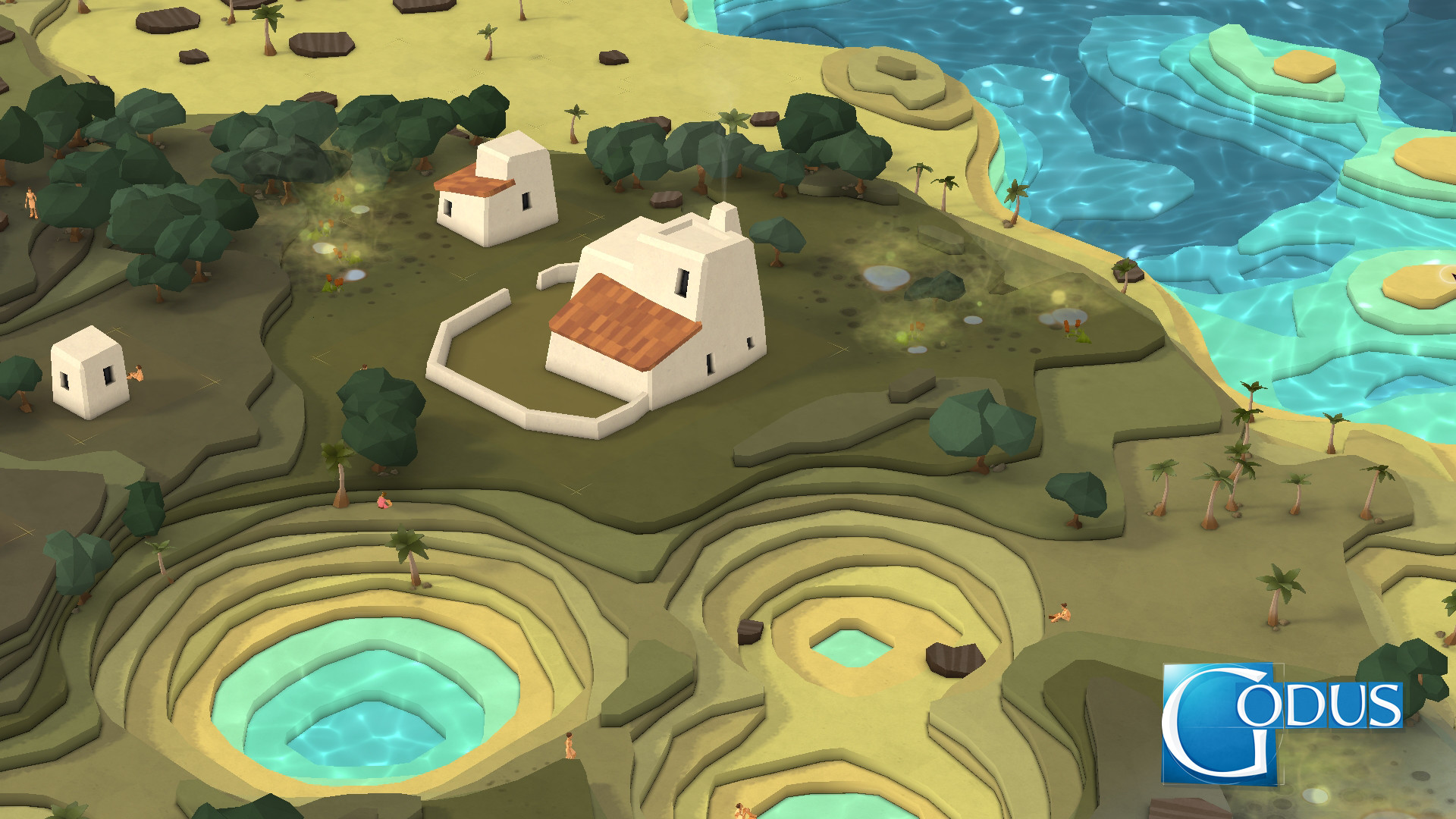
Originally presented as a new take on the initial idea, this version was sold separately to those who already owned the original. However, it launched with very little content and relied heavily on in-game purchases, which upset many players. Updates came rarely, and the developers stopped communicating with the community. Ultimately, development ended without fixing the biggest problems.
Kinetic Void
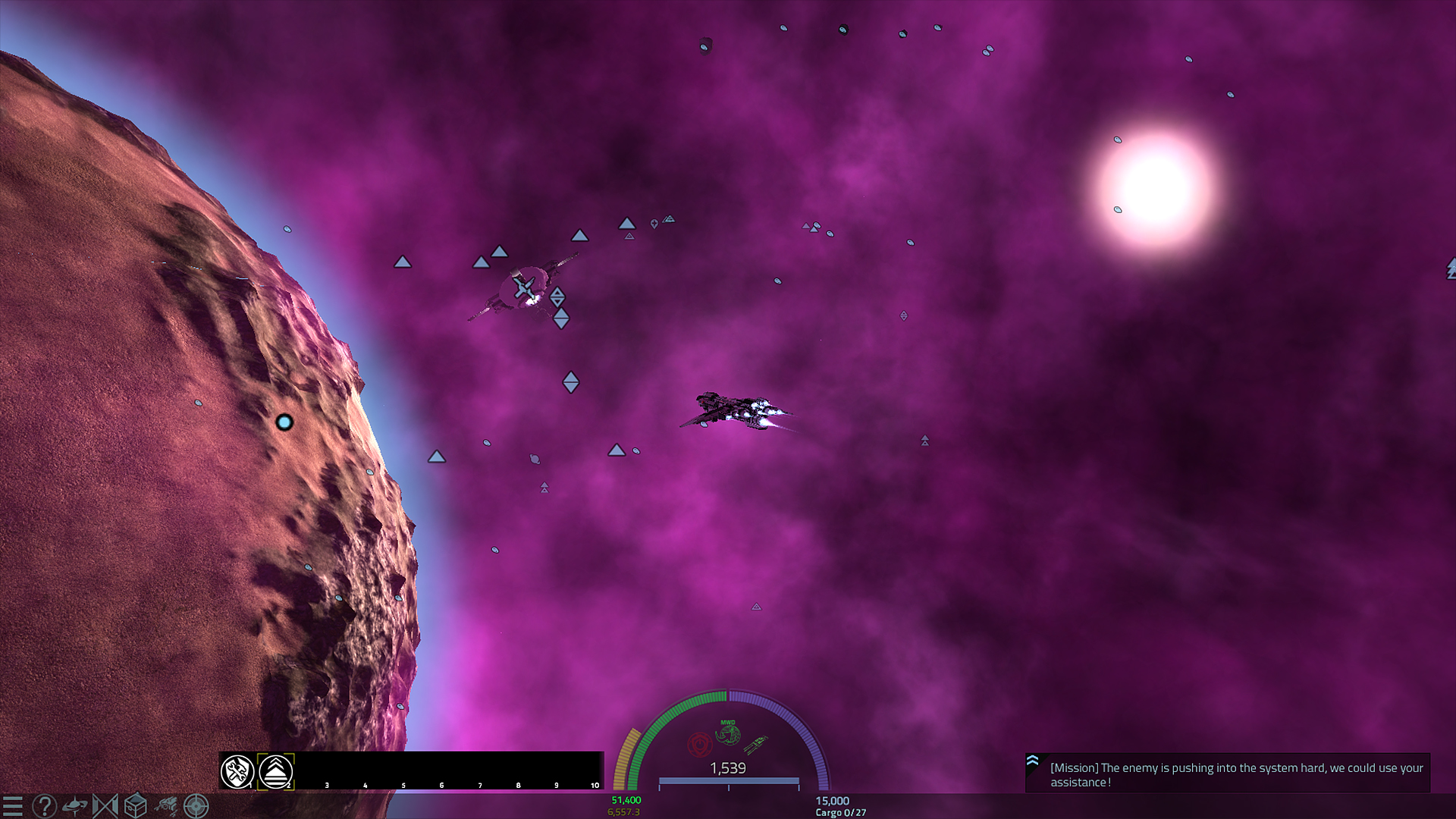
This game promised players the freedom to design and explore their own starships. It initially launched as an early, unfinished version with tools for building ships and charting courses. However, technical issues and a lack of engaging activities caused player interest to fade. Eventually, the developers announced they couldn’t continue working on the game, leaving it incomplete and unsupported.
The Dead Linger
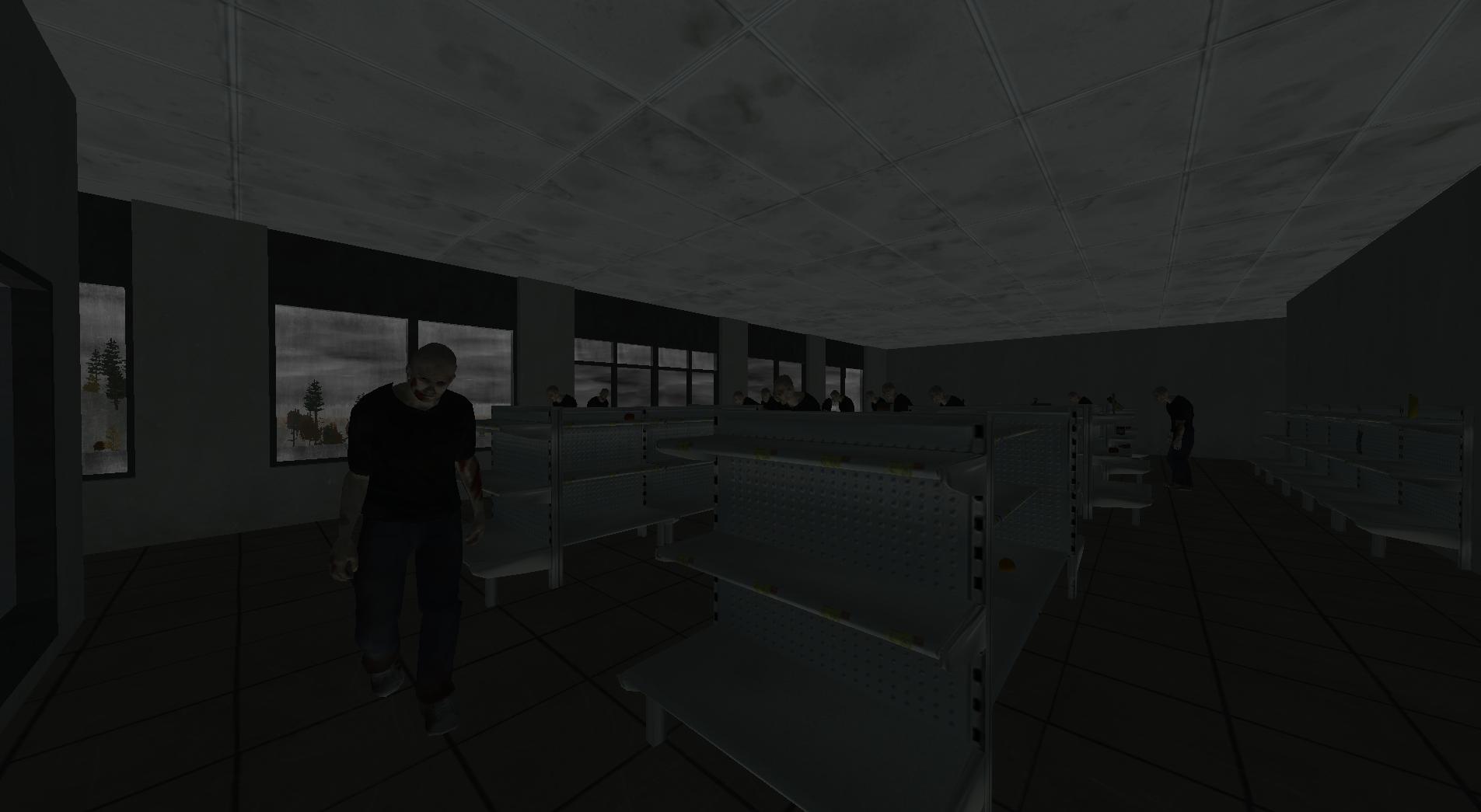
This zombie survival game was advertised with the promise of vast, randomly created worlds. However, the development team faced numerous technical problems and had to switch game engines multiple times, which significantly delayed progress. Ultimately, they cancelled the game because they couldn’t build a stable base, leaving those who purchased it without a completed product.
Identity

This online game was designed as a long-term, evolving world, initially released in stages with players purchasing access to early features. However, these features arrived slowly and were never very extensive. The project ultimately failed to gain enough support or development progress to become a fully finished game.
The Black Death
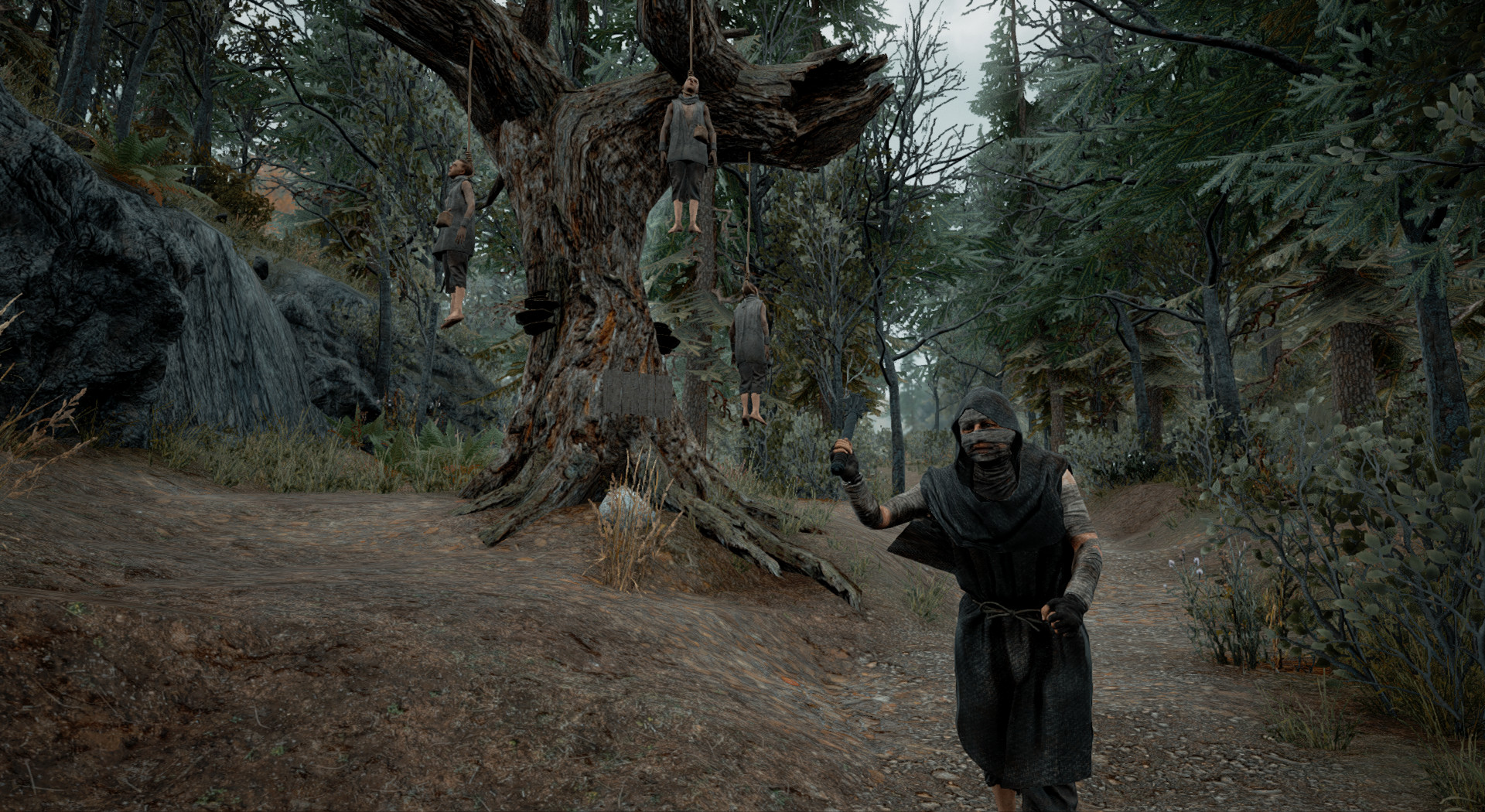
This medieval survival game originally promised features like crafting, realistic disease, and city building. However, the game’s development changed course repeatedly, with key features being redesigned or cut entirely. As a result, the player base shrank, updates became less frequent, and the game was ultimately never fully finished and released.
Reign of Kings
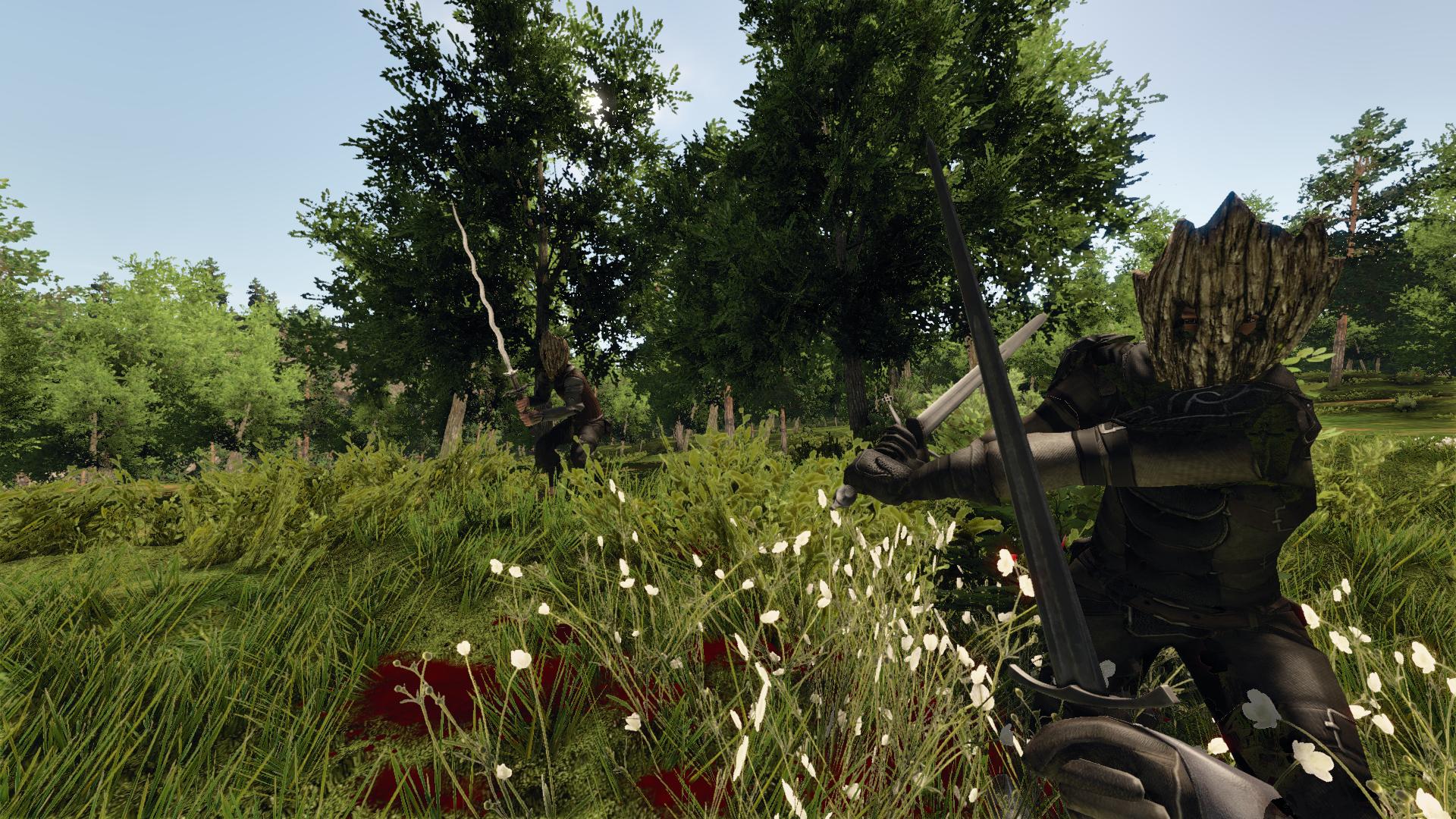
This online game, set in the medieval era, let players survive and compete against each other. When it first launched in early access, the developers planned to add siege weapons and clan features. However, problems with cheating and server performance continued, and updates became less frequent. Eventually, the developers shifted their attention to other projects, and no new content was added. As a result, the game was never fully completed or stable.
Interstellar Marines
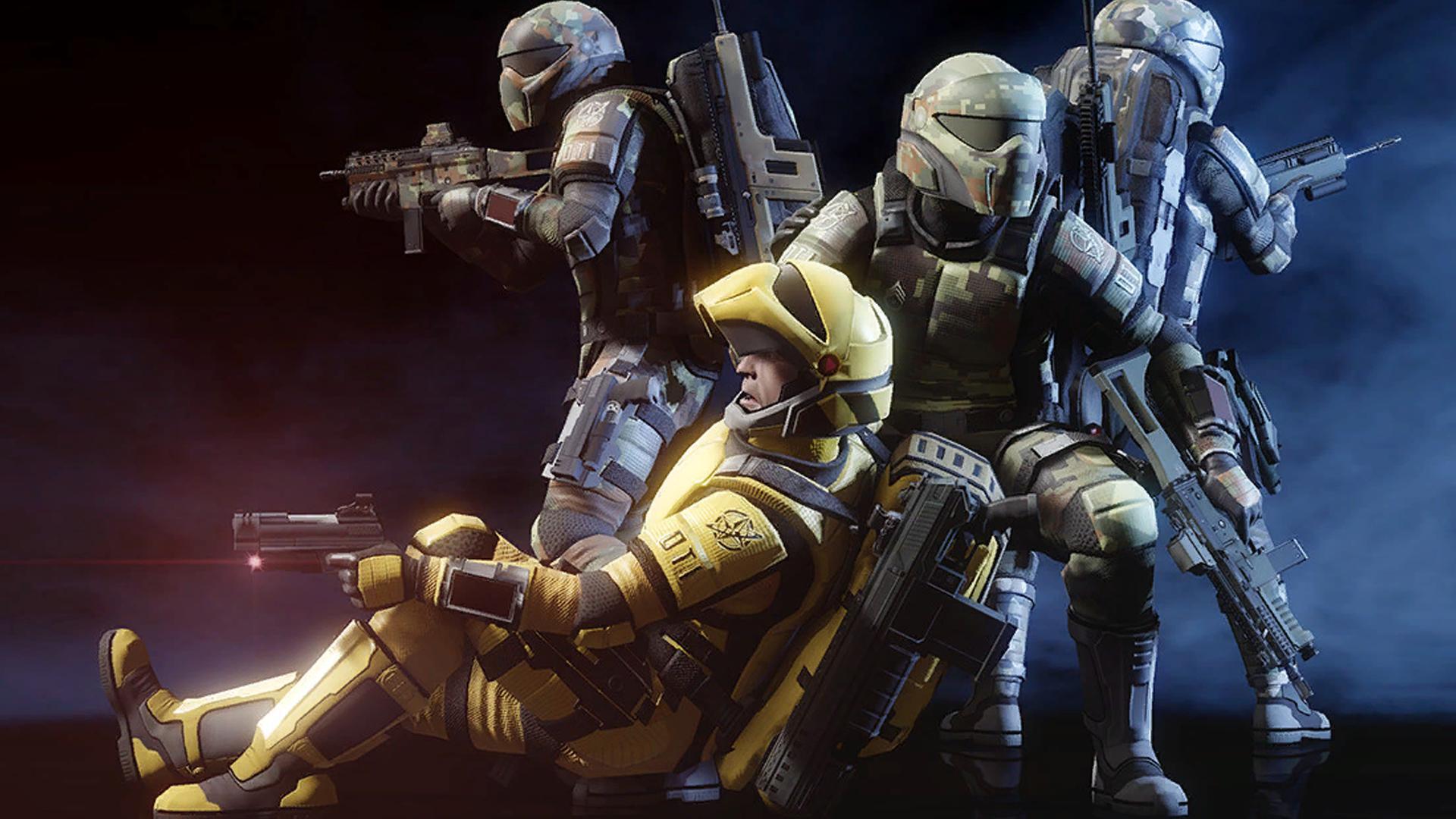
Originally advertised as a cooperative sci-fi shooter with extensive campaigns, the game launched in Early Access to gather funding. However, development progressed slowly, with key features repeatedly delayed. As the team and available resources shrank, the project ultimately stalled, and players never received the complete game that was promised.
Nether
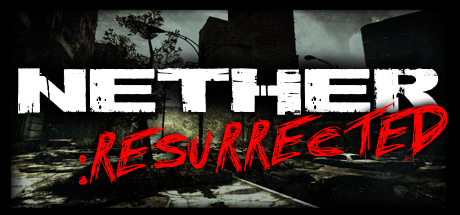
This online game, set in a city, initially required players to pay to access it, with developers promising new content regularly. However, the game suffered from technical issues like server crashes and hacking attempts, and changes in ownership made it difficult to provide support. Eventually, official development stopped and the game’s services were discontinued. Although there were later efforts to bring the game back, they didn’t follow the original plans for its future.
GRAV

This vibrant game, focused on surviving and building, initially launched as an early access title with players exploring various worlds. However, development slowed down, and key features weren’t fully developed. Eventually, the official game servers were shut down, and the developers stopped communicating with the community. Ultimately, the game was never officially finished and released.
Savage Lands
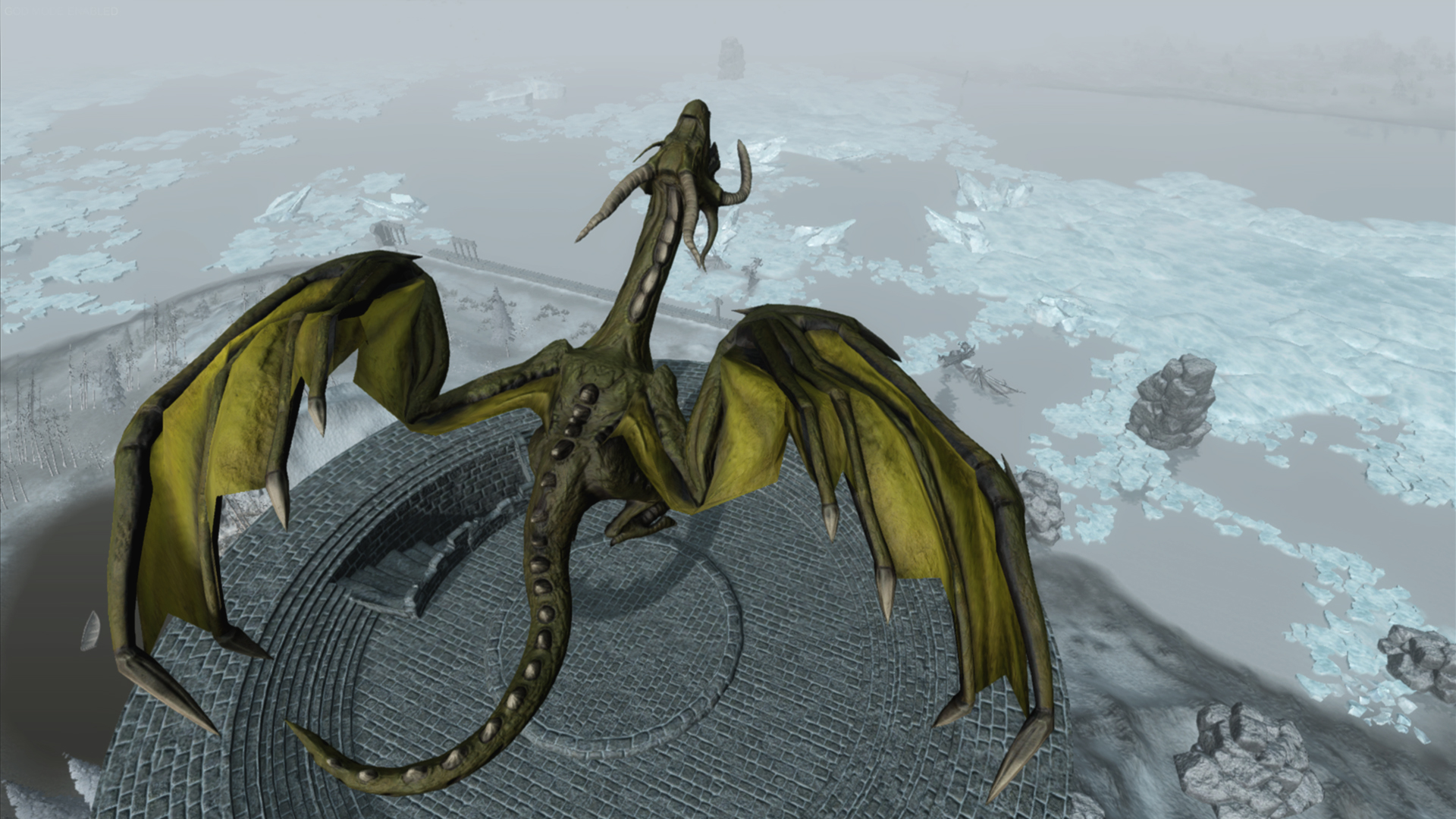
This fantasy game aimed for a challenging, long-term experience focused on survival, battling bosses, and building structures. However, development was uneven, with updates arriving rarely. As a result, the player base shrank, and ongoing problems couldn’t be fixed, leaving the game unfinished and without proper support.
Clockwork Empires
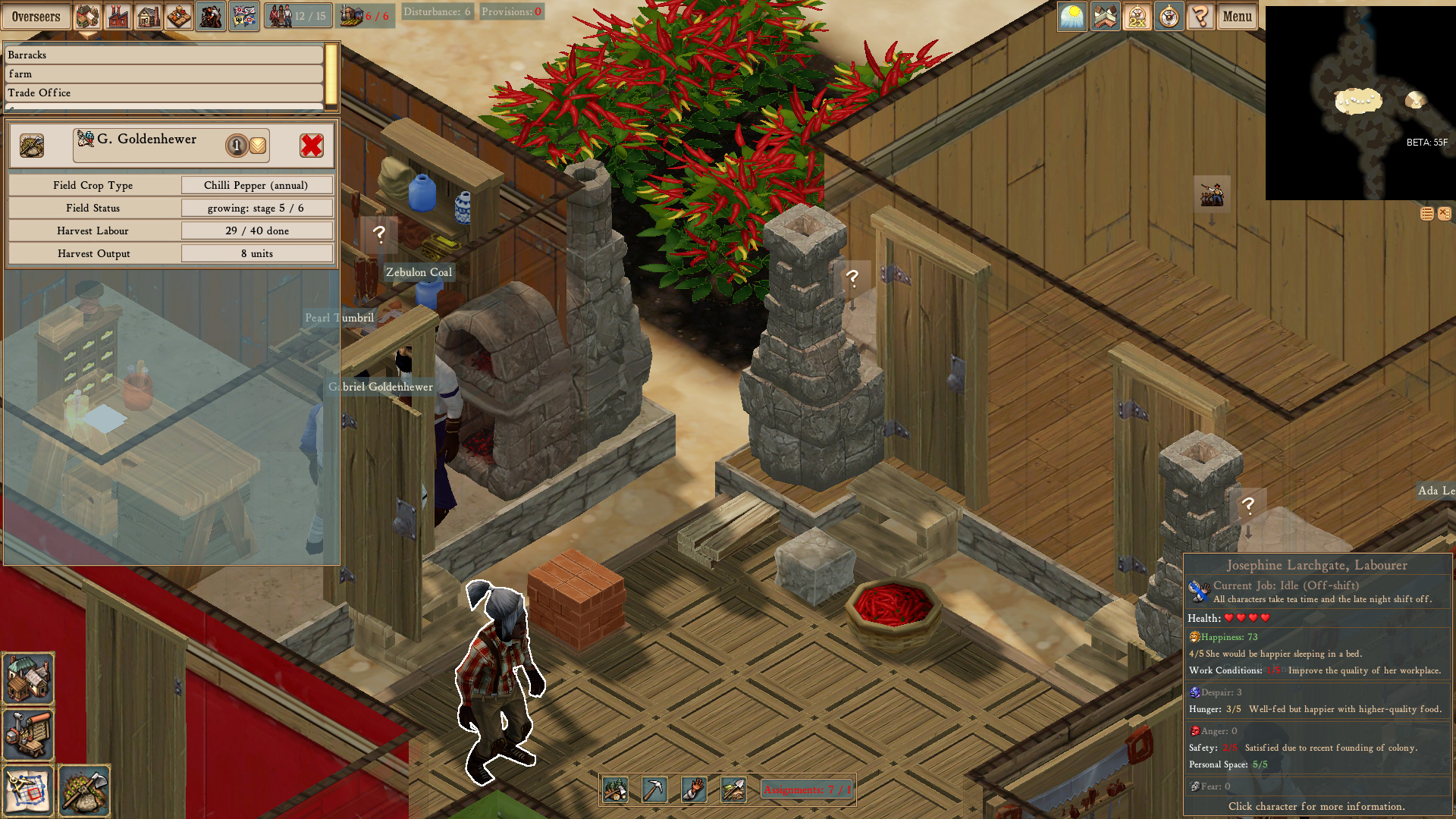
This city-building game launched into Early Access, promising complex and detailed gameplay. However, the full release didn’t live up to expectations – it was unstable and didn’t include all the features the developers had promised. The studio soon stopped updating the game and moved on to new projects, leaving players disappointed with the lack of ongoing support.
Folk Tale
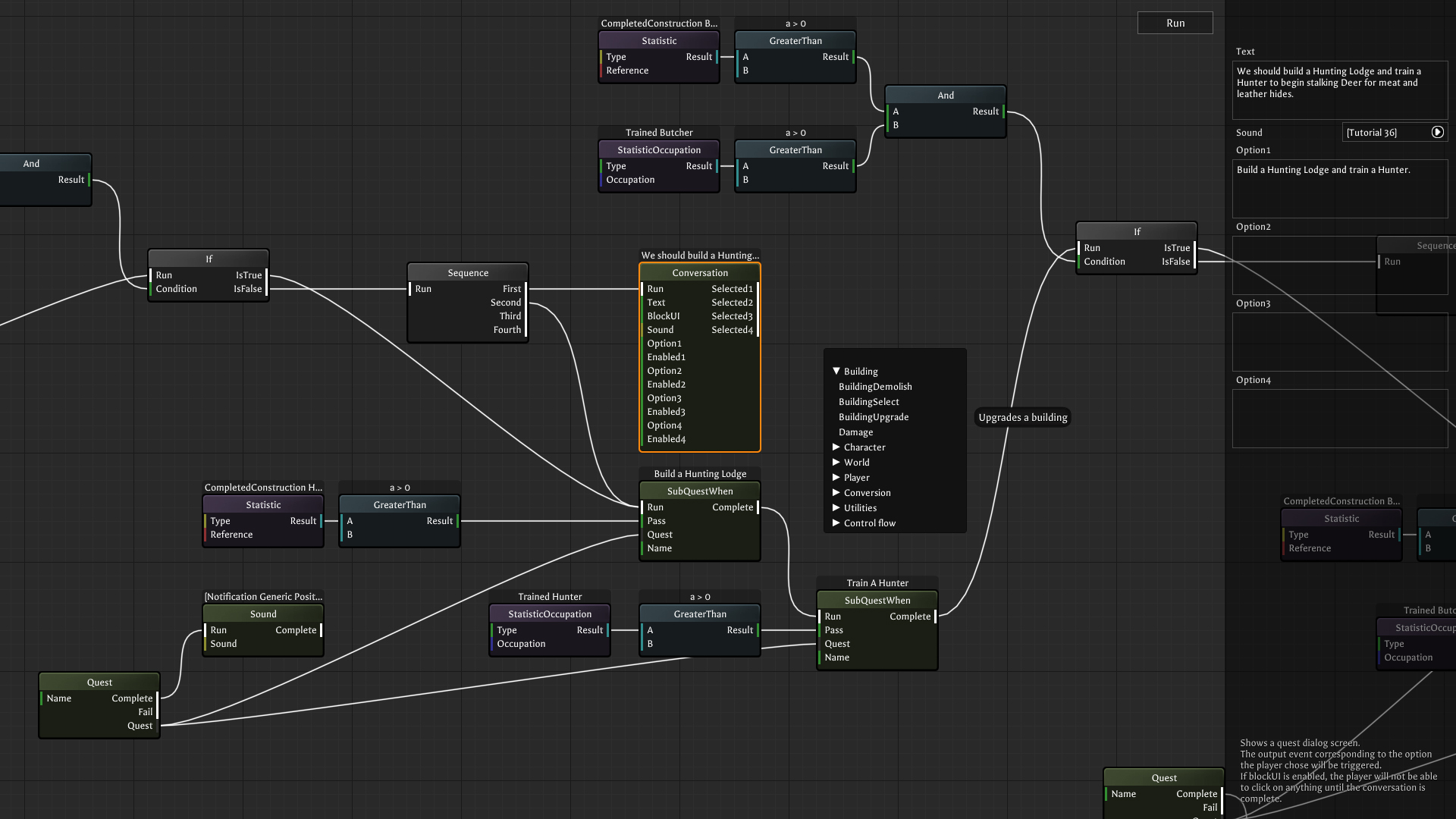
Originally planned as a creative, open-ended village builder with regular improvements, the game quickly became too ambitious for the developers. They missed deadlines, and ultimately couldn’t finish all the features they intended. Eventually, the development team shut down, and the project was cancelled.
The Orion Project
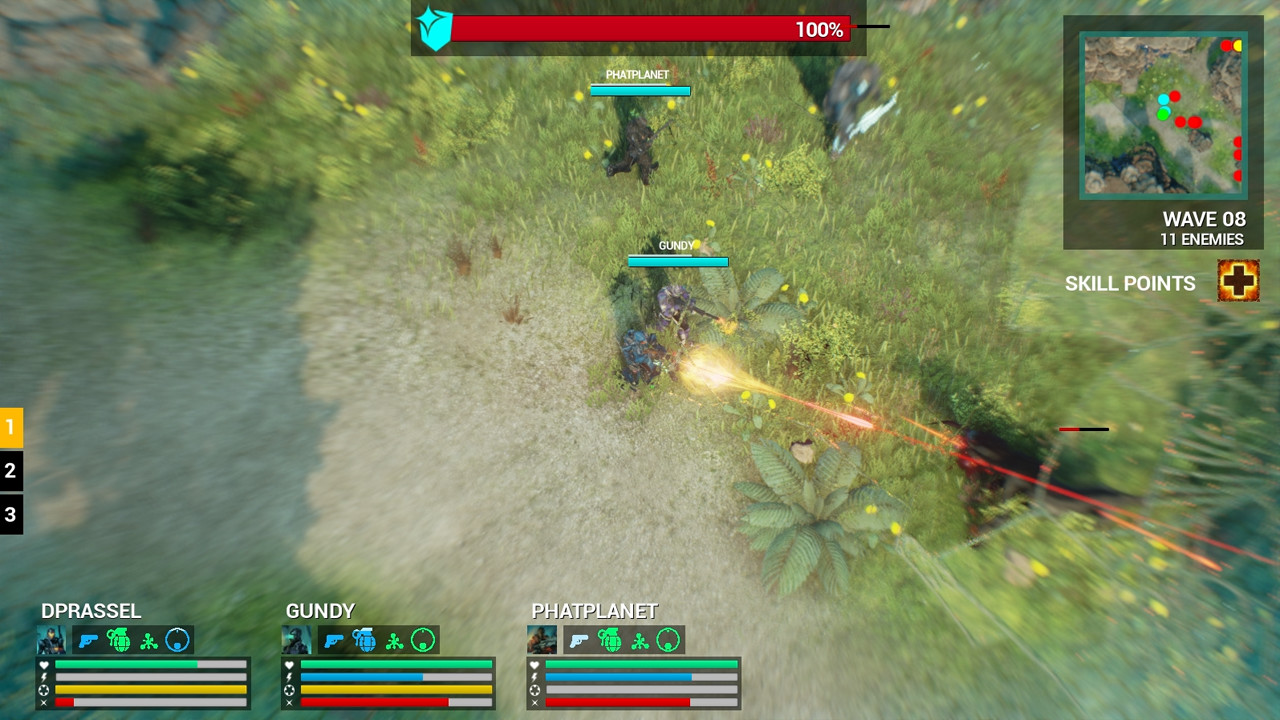
This science fiction shooter was initially released as an early access game, building on previous projects by the same developer. However, disagreements with online stores and the game being removed from sale followed accusations about the use of assets and the game’s branding. Updates stopped, the game vanished from major digital stores, and players were ultimately left without the game they had anticipated.
The War Z
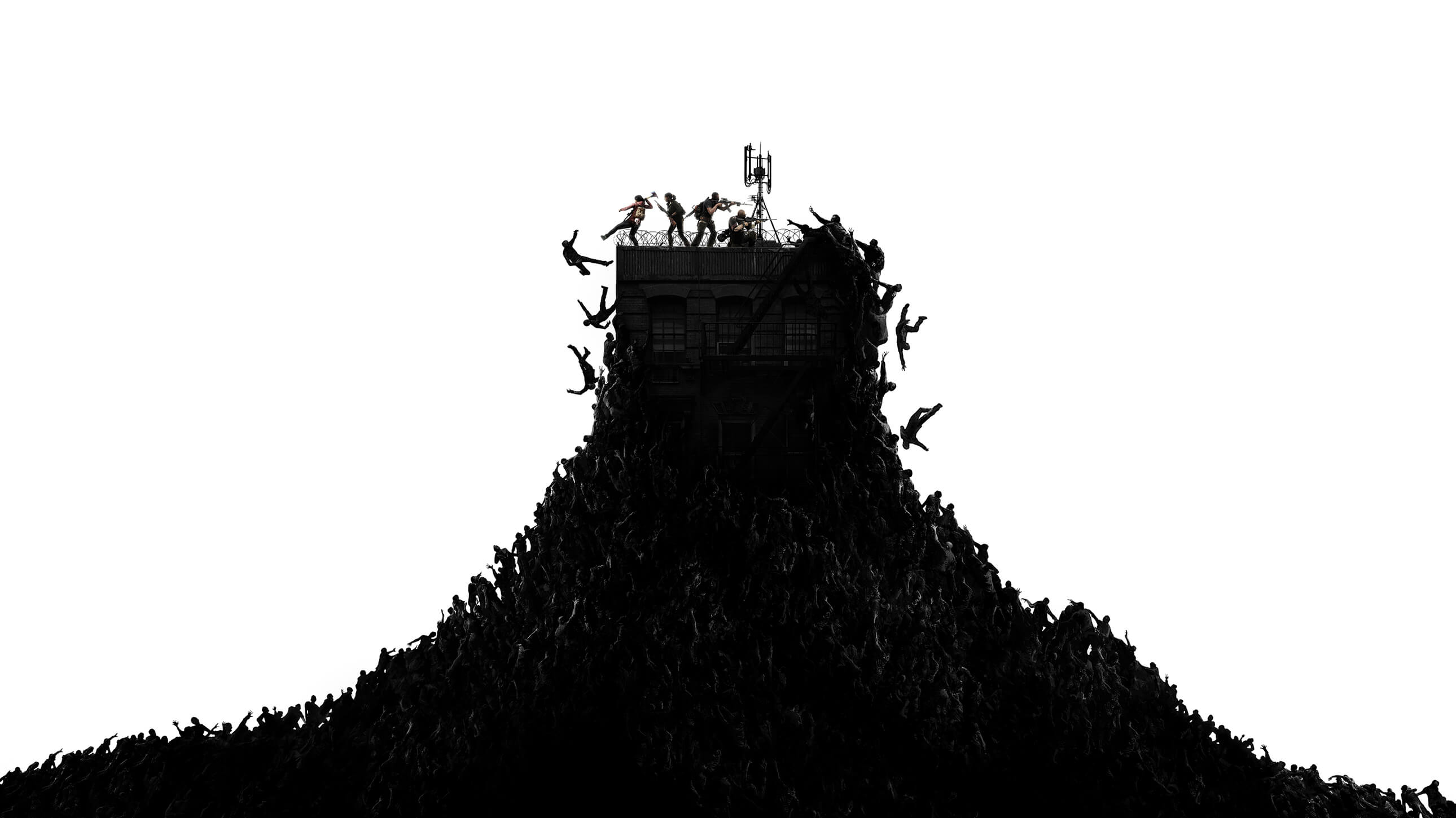
This shooting game had a rocky start. It was released in unfinished form with players paying to access it, and its online store promised features that weren’t actually available. After customers complained about inaccurate descriptions, the game was temporarily removed from Steam, then re-released under a different title. The promised improvements and fixes never quite matched what was originally advertised. The game’s difficult development serves as a cautionary tale for developers considering paid early access releases.
Tell us about the worst Early Access game you’ve ever bought! Sharing your experience can help others make smarter choices.
Read More
- 2025 Crypto Wallets: Secure, Smart, and Surprisingly Simple!
- Gold Rate Forecast
- Brown Dust 2 Mirror Wars (PvP) Tier List – July 2025
- Banks & Shadows: A 2026 Outlook
- Gemini’s Execs Vanish Like Ghosts-Crypto’s Latest Drama!
- ETH PREDICTION. ETH cryptocurrency
- HSR 3.7 story ending explained: What happened to the Chrysos Heirs?
- The 10 Most Beautiful Women in the World for 2026, According to the Golden Ratio
- 39th Developer Notes: 2.5th Anniversary Update
- HSR Fate/stay night — best team comps and bond synergies
2025-11-12 20:18